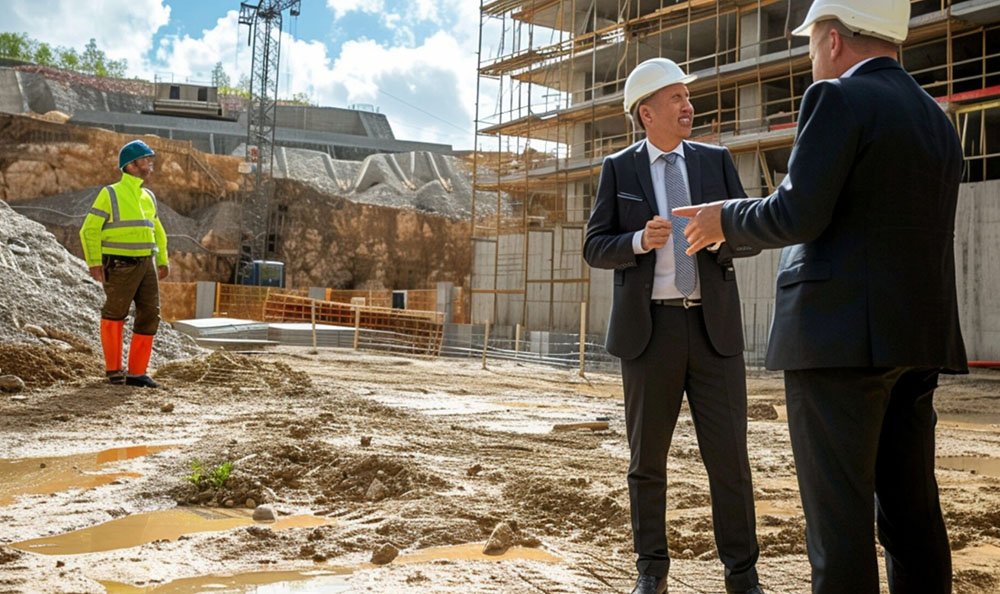Making your dream house is a thrilling, satisfying, and sometimes daunting life milestone. Choosing the appropriate builder is crucial on this trip. Great design, materials, and honest communication with the builder are essential to a successful building project. Before signing a contract, ask the necessary questions to guarantee a smooth, transparent, and predictable process. This essay covers the crucial questions every homeowner should ask their builder before signing a contract, going beyond common recommendations to protect your investment.
Clarity of the Contract: What’s Included?
Before diving into construction, understanding exactly what you’re paying for is vital. One of the first things you need to clarify is the scope of work covered in the contract. Many homeowners face unexpected costs because certain details were overlooked or not clearly spelled out.
For example, the type of materials used, whether they include specific brands or quality standards, and whether labor costs, including subcontractors, are factored into the price, should all be clearly outlined. Additionally, be sure to check whether permits, inspections, and fees related to legal compliance are included in the quoted price. Without this clarity, what seems like a reasonable estimate can quickly balloon into an unaffordable project.
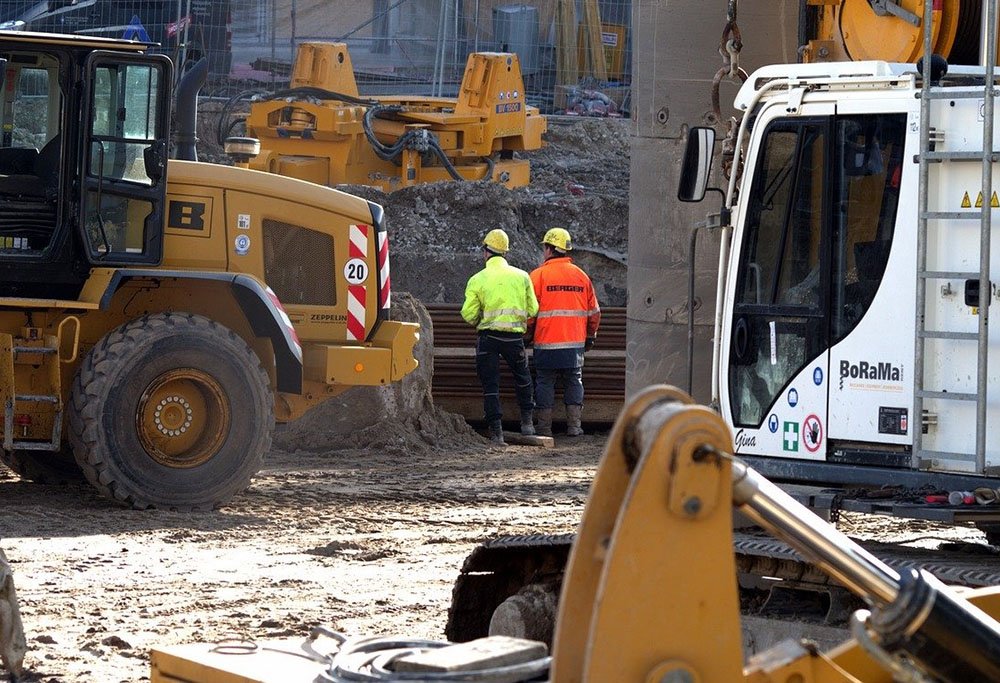
Timelines and Project Management
Understanding the timeline of your project is not just about avoiding frustration; it’s about managing your expectations and your finances. Delays are common in the construction industry due to a range of factors, from supply chain disruptions to inclement weather. However, it’s critical that your builder provides you with a realistic start and finish date.
A comprehensive schedule that includes expected milestones, and an understanding of how delays will be communicated, can help you avoid surprises. Furthermore, establish how the builder plans to address potential setbacks, whether these involve delays in material delivery or workforce availability. Transparency in this area will allow you to stay informed and adjust your own plans accordingly.

A Proven Track Record: Portfolio and References
Any builder you consider should have a portfolio that reflects both the quality and style of work you’re looking for. Looking at completed homes and speaking with previous clients will give you insight into the builder’s reliability, craftsmanship, and overall professionalism. You should ask for examples of previous projects that align with your vision, whether that’s a traditional family home or a modern design.
Reviews and references from past clients are equally important. Positive feedback or client testimonials are indicators of a builder’s commitment to customer satisfaction. In contrast, if previous clients have concerns about delays or poor communication, it’s essential to address those issues before proceeding.
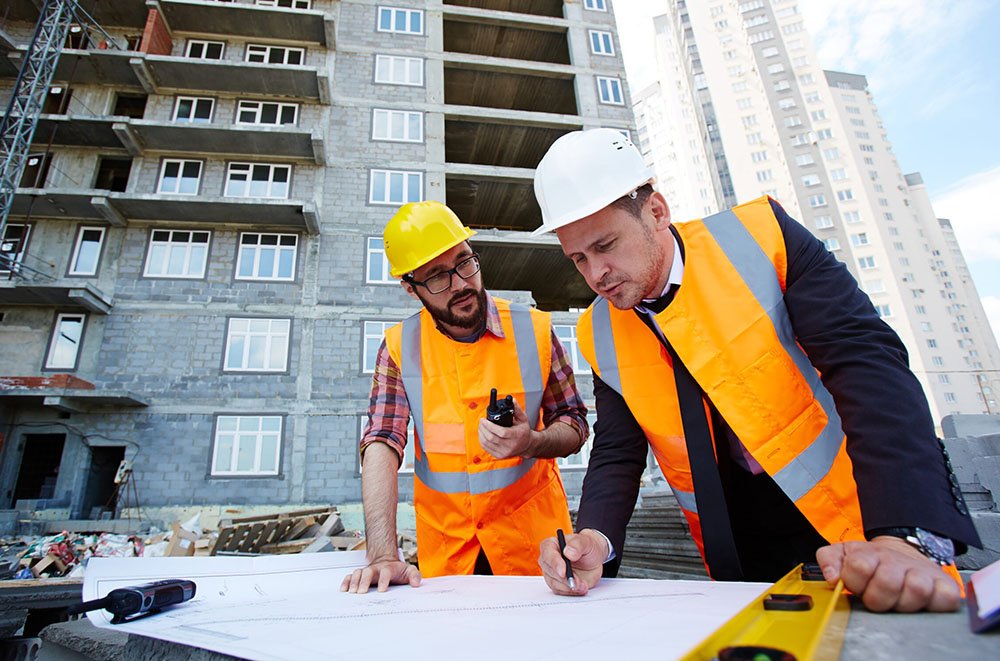
Warranty Coverage: Ensuring Peace of Mind
A reputable builder should stand behind their work, hence a strong guarantee is crucial when picking a building partner. Warranties safeguard against post-project flaws such structural concerns, defective materials, and installation faults.
Understand what’s covered, whether it covers structural and non-structural house parts, and how long the guarantee lasts. Ask about the claims procedure and response timeframes to minimise misunderstanding if something goes wrong after you move in.
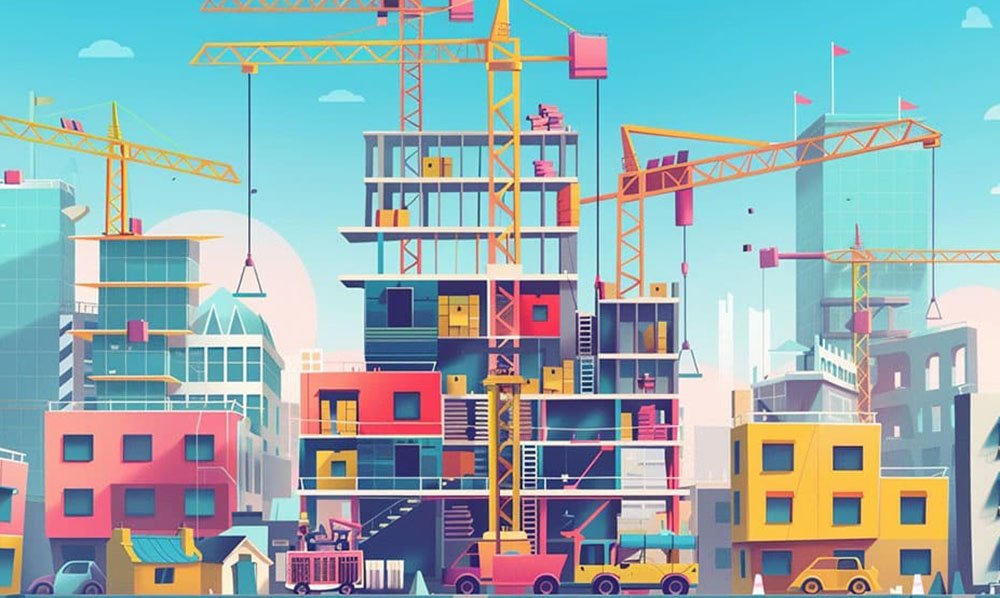
Who’s Running the Show?
Effective project management is often the difference between a successful build and a chaotic one. Understanding who will be overseeing your project daily is essential for maintaining clear lines of communication. Some builders manage projects directly, while others appoint project managers or site supervisors.
Make sure you know who will be your primary point of contact throughout the project, how often you’ll meet with them to discuss progress, and how often you can visit the construction site. Ask about how subcontractors are chosen and how they are managed to ensure consistent quality across all phases of the project.
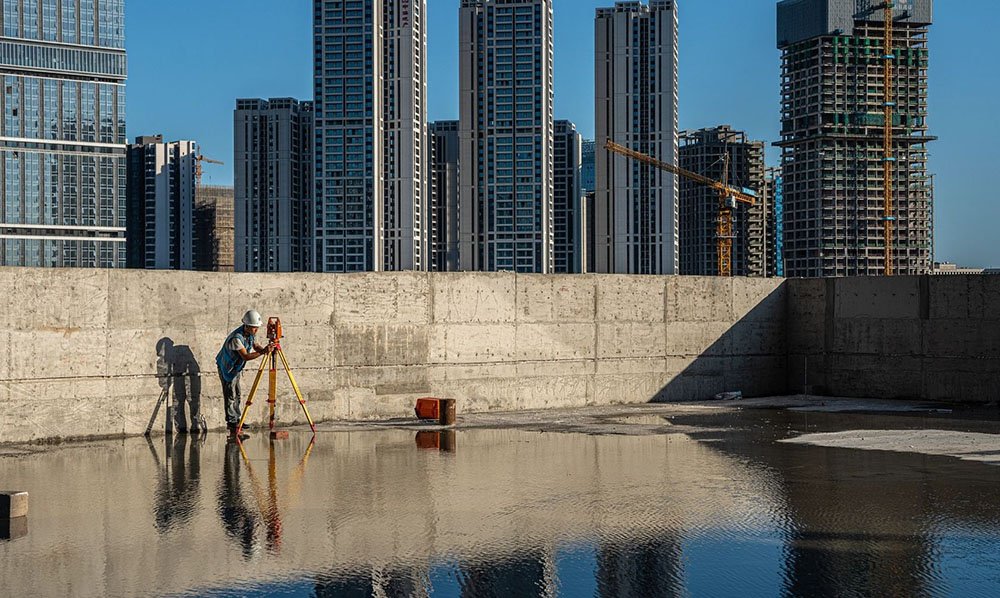
Flexibility and Changes During Construction
It’s common for homeowners to want changes during the building process, whether that’s altering a design element or upgrading materials. Be sure to clarify the process for making modifications, including how the builder handles requests for changes, what additional costs you might incur, and whether such changes could impact the overall timeline.
Builders should be upfront about how change requests are handled, as well as the financial implications. Having this information in advance allows you to make informed decisions without worrying about unexpected costs or delays derailing the project.
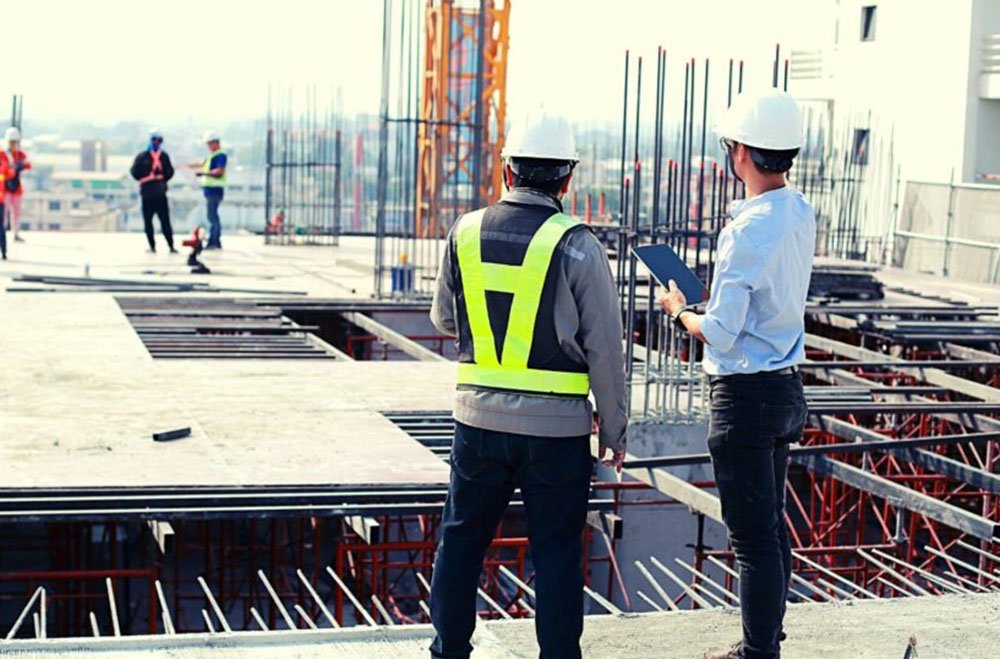
Understanding Payment Terms
During construction, money issues can cause conflict, so understanding payment conditions is crucial. Most builders stage payments based on project milestones.
Ask about the deposit, payment frequency, and penalties for late payments or schedule changes. Know the payment conditions to keep financially prepared and avoid financial misunderstandings during the project.During construction, money issues can cause conflict, so understanding payment conditions is crucial. Most builders stage payments based on project milestones.
Ask about the deposit, payment frequency, and penalties for late payments or schedule changes. Know the payment conditions to keep financially prepared and avoid financial misunderstandings during the project.
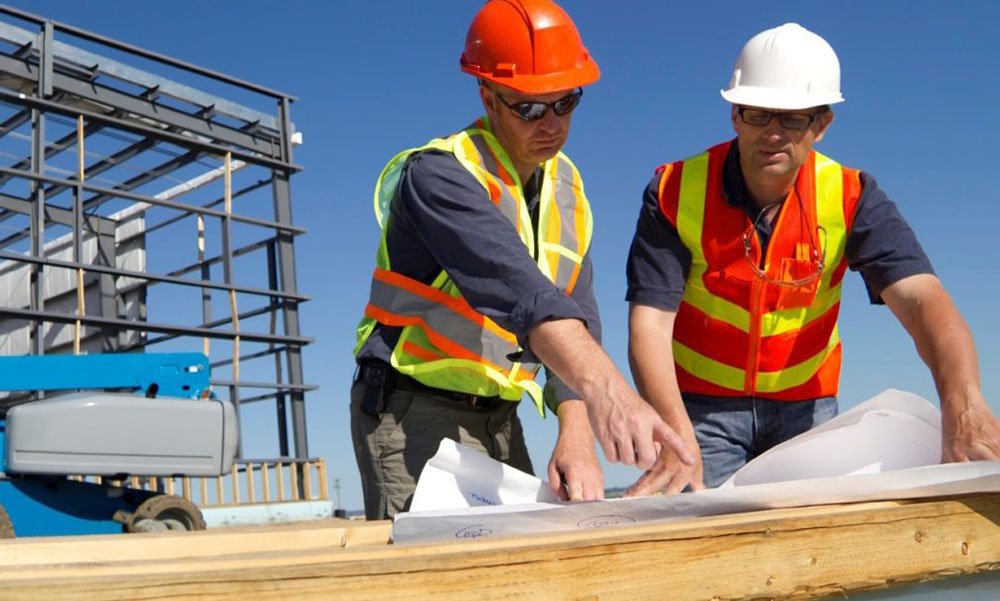
Handling Disputes and Delays
Construction projects don’t always go as planned. Whether it’s delays due to weather or disagreements over design, it’s important to know how your builder handles disputes and setbacks. A clear and established process for resolving issues is essential for maintaining a positive working relationship and ensuring that any challenges are dealt with swiftly.
Ask the builder about common causes of delays and how they plan to mitigate them. Discuss how disputes are mediated and whether there are penalties for delays caused by the builder. Understanding this process in advance can save a lot of stress should complications arise.
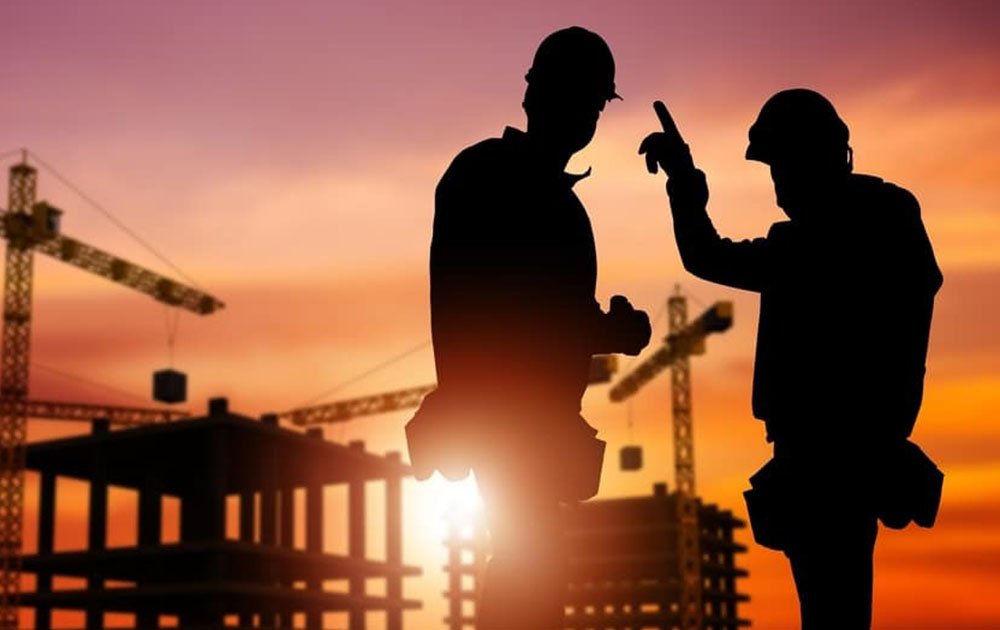
Insurance: Protecting Your Investment
Building a home requires construction insurance. Ensure your builder has sufficient insurance to cover construction accidents and damage. General liability, workers’ comp, and subcontractor insurance are needed.
Check if you need additional insurance to safeguard your property during construction. Your builder’s insurance gives you peace of mind and protects you and the contractor from unexpected hazards.
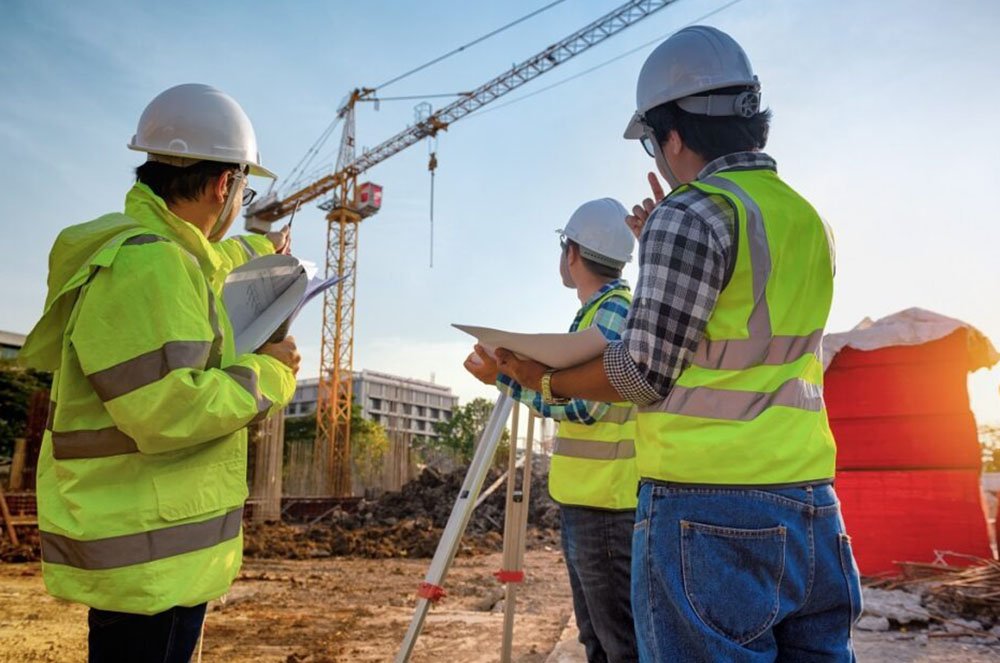
Getting a Detailed Quote
Before you agree to anything, ask your builder for a detailed quote that breaks down all costs associated with the project. This should cover materials, labor, permits, and any contingency costs. A detailed quote eliminates the risk of hidden fees and allows you to assess whether the builder is offering good value for your investment.
You should also inquire about how price fluctuations for materials or unforeseen expenses might affect the overall quote. Transparency in pricing helps you avoid unpleasant financial surprises as the build progresses.
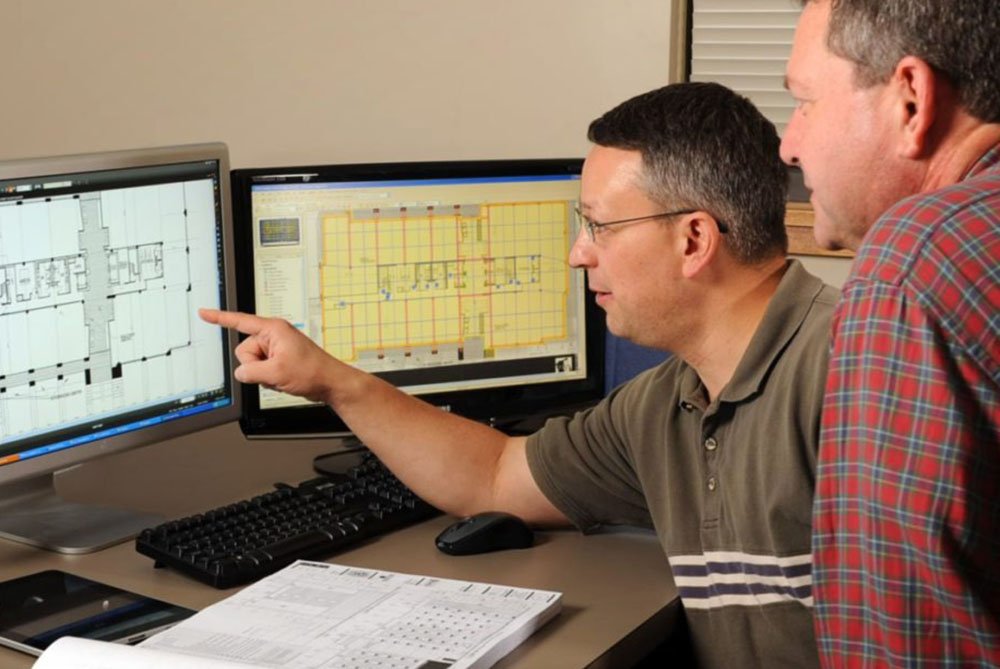
Frequently Asked Questions
What should be included in the contract?
The contract should list all materials, labor, permits, and fees. Confirm everything included to avoid extra costs.
How can I ensure my project stays on schedule?
Ask for a timeline with clear milestones and communication for any delays.
What if I need to make changes during construction?
Discuss the process, costs, and timeline impacts for changes with the builder.
How do I know the builder is reliable?
Ask for references, visit previous projects, and check client feedback.
What kind of warranty does the builder offer?
Confirm the duration and coverage for structural and non-structural defects.


